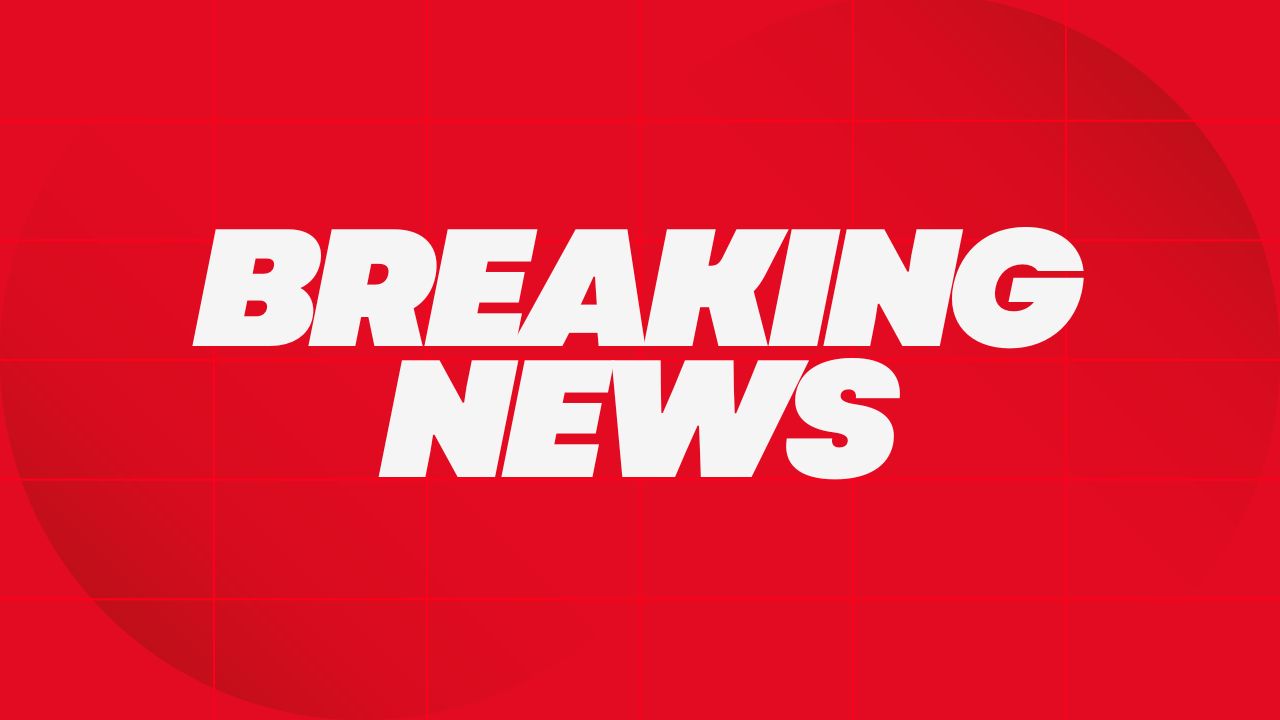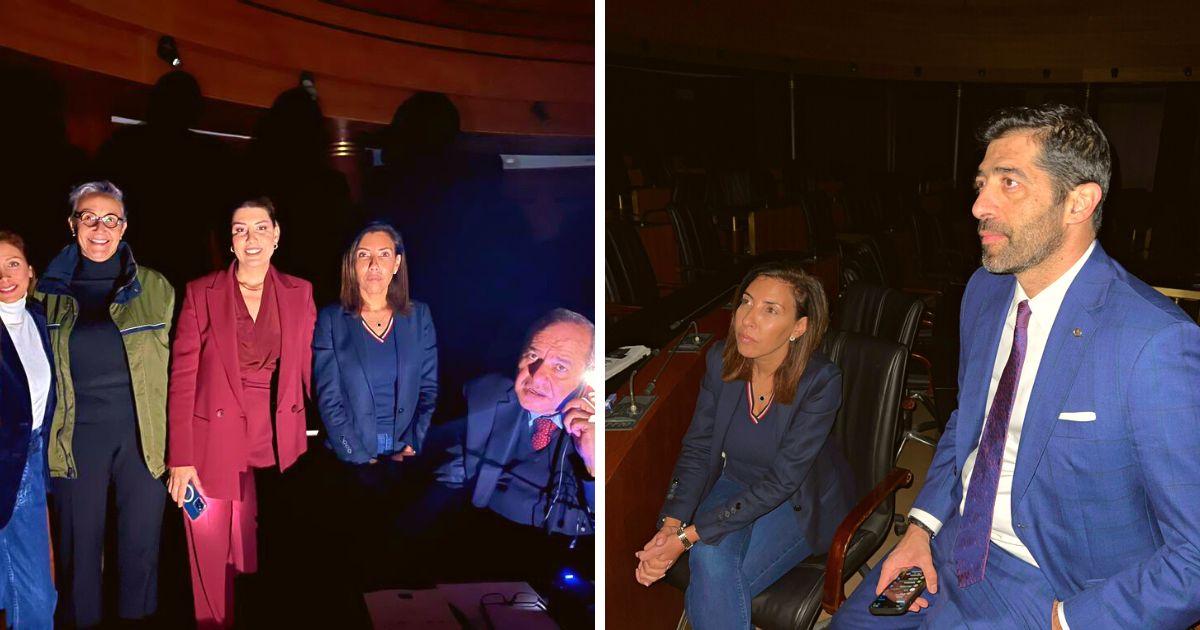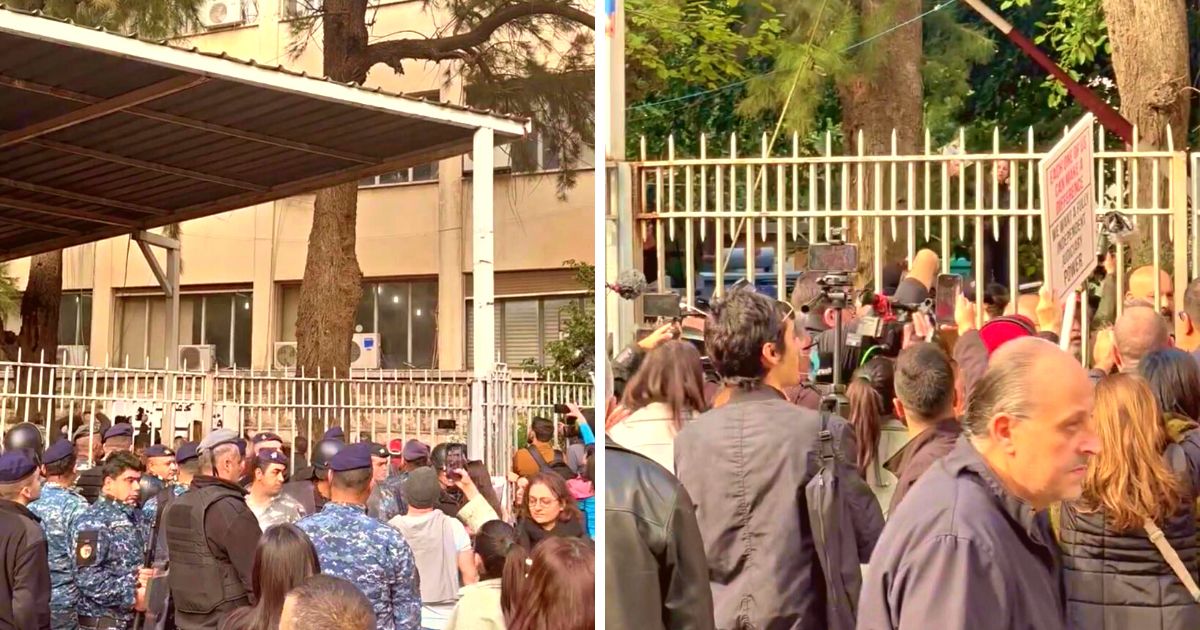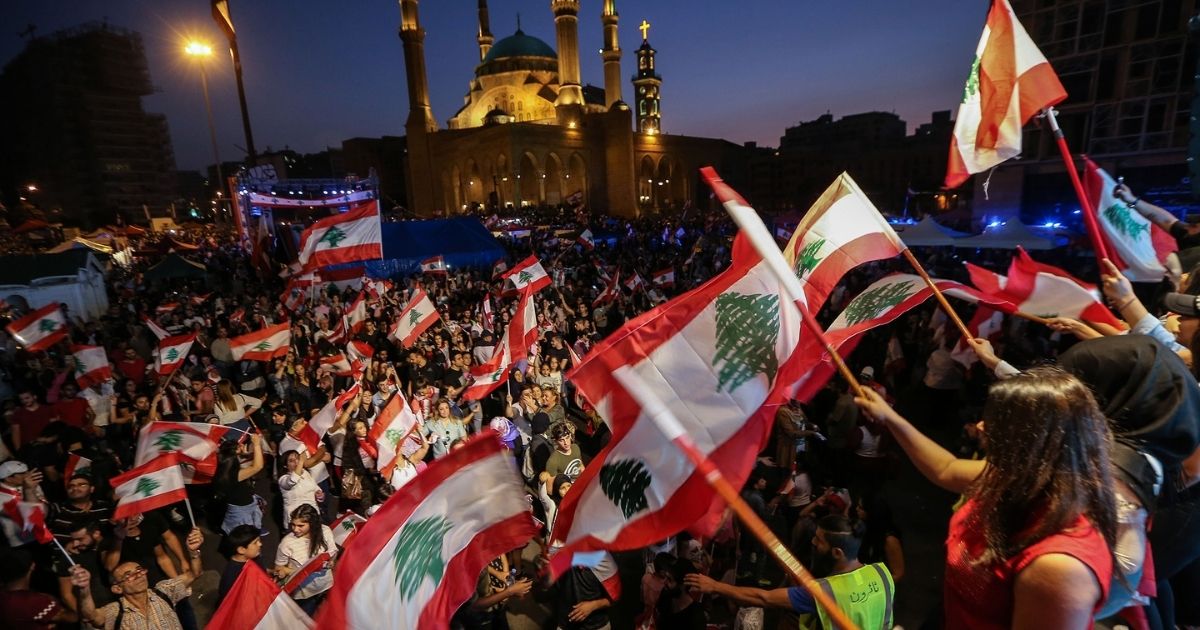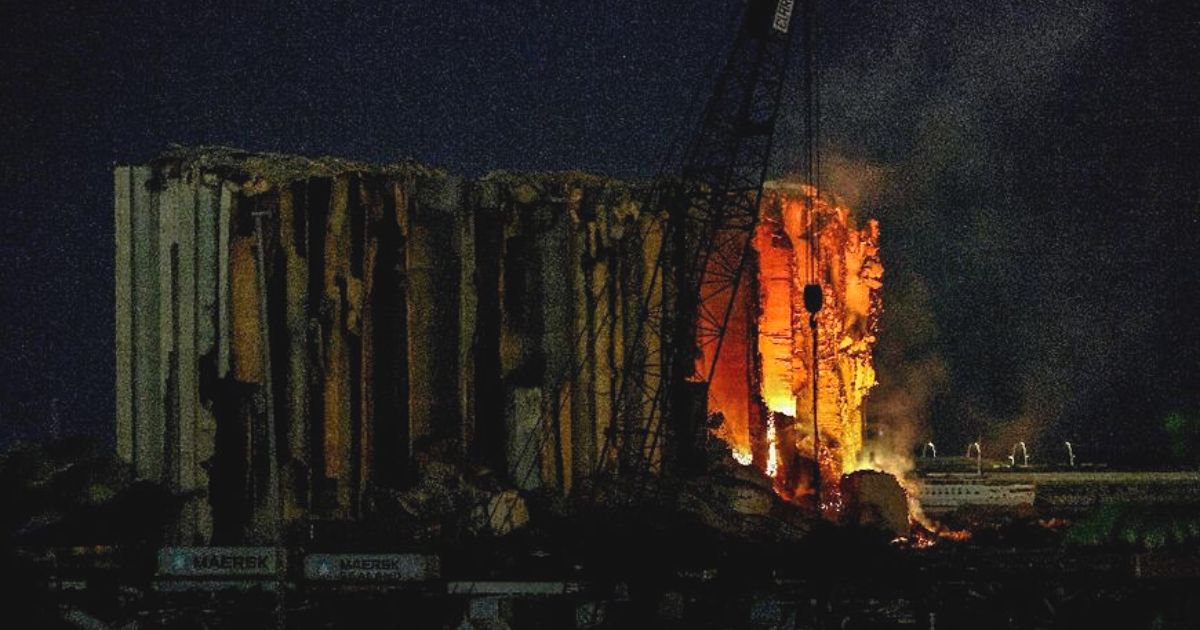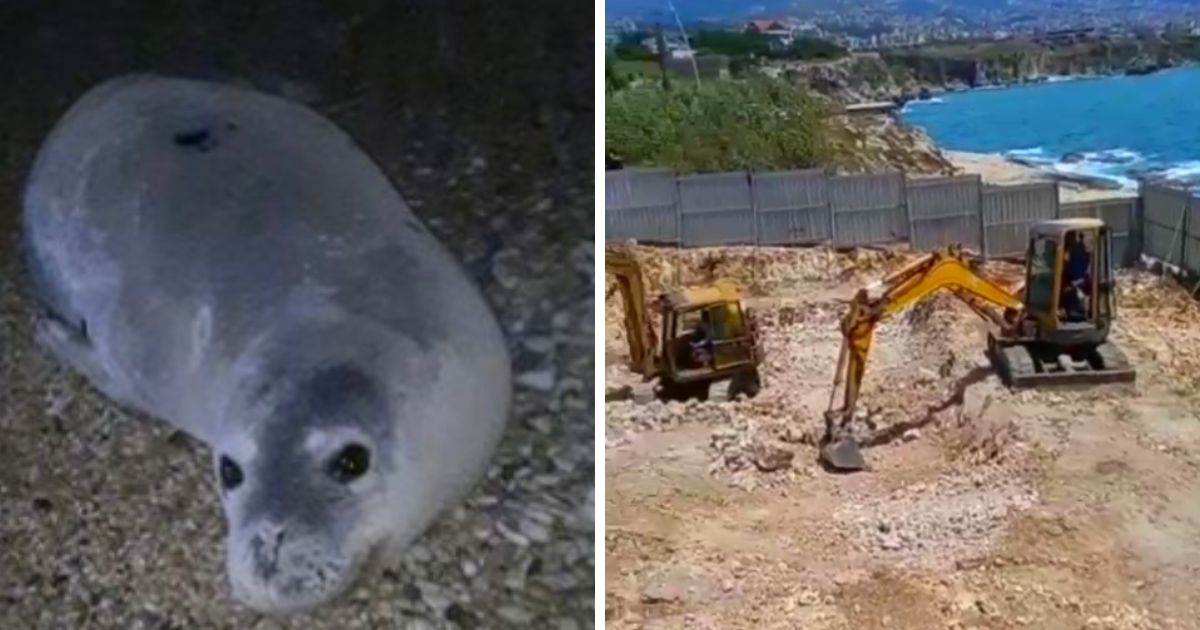For months, and since the effects of Lebanon’s economic crisis started to swell dramatically, Lebanese citizens and banks have been in a continuous state of confrontation.
The banks’ arbitrary actions and their ongoing restrictions, without any legal justification, on cash withdrawals and overseas transfers, have caused the depositors to lash out.
Protesters have been gathering in front of local banks to demand their money and the overthrow of the bank ruling system. That’s in addition to their conflict with many bank managers, employees, and security officers.
This scenario is becoming a daily thing for the Lebanese people. The banks are only allowing a weekly withdrawal of 200 dollars and some only $500 monthly.
That can’t be logically enough for many who take regular medication, have an urgent flight, need to pay hospital bills or just the rent.
One main question remains unanswered for the Lebanese people: “Where did our money go?” For the people, it’s a simple logical line of reasoning. They have entrusted the banks with their money and now the banks are holding on to them.
That goes the same with the salaries paid through the banks, and for the small and not too small businesses that need to keep running their operations to survive and pay salaries; operations that are crucial to the people’s needs and to the country’s economy now more than ever.
These factors are enough to justify why some people are undertaking sit-ins or parking their vehicles in front of banks’ entrances, and some are protesting inside the banks and refusing to leave until they get their money back.
Unfortunately, assaults on banks have worsened these past days.
The actions of some to take back their money through aggressive actions have motivated others to do the same, which would have been avoided if banks have acted consciously aware of the plight of the people, in addition to abiding by the Lebanese constitution.
It is important to point out that the employees in these banks are citizens who, along with their families, are also enduring the severe economic crisis. They didn’t make these new rules which they are forced to abide by to keep their jobs.
As far as this critical situation goes, they stand between ‘two fires’; both of which they did not create nor are they guilty of.
A solution to the people’s issues with the banks might be materializing soon. The head of the Beirut Bar Association, Melhem Khalaf, has now called for an immediate stop to these unconstitutional and illegal measures taken by banks, and the end of restrictions on withdrawals and transfers.
He also pledged that the Beirut Bar Association is going to watch over this file, in order to prevent further measures.
In his pursuit of justice and the Lebanese people’s rights, Khalaf is demanding that banks refrain from imposing these unconstitutional measures again, except in accordance with a parliamentary law in the event of a serious and real justification, which currently isn’t present.

In his statement, Khalaf issued that “Lebanon’s economy is a liberal, free-market economy, and policies such as the freedom of trade and transfer are protected by the Lebanese law and Constitution.”
He also warned against the people’s loss of trust and confidence in the banking sector, which is difficult to regain.
He stressed that the free-market economy is a distinctive feature of Lebanon and we shouldn’t take it for granted.
As he pointed out, “The economic system in Lebanon is free and liberal, based on freedom of circulation, freedom of transfer, and freedom of cutting.”
He explained that these principles are guaranteed by the constitution and the Lebanese laws and the adherence to them is a matter of principle and priority for the Beirut Bar.
In a similar supporting action, the Judge of Urgent Matters in Beirut, Carla Chouah, obligated the Mediterranean Bank to process the transfer of 25,000 euros of a citizen. She forced a coercive fine on the bank for each day of delay.
This citizen, who needed to send the money to his children studying abroad, couldn’t do so because the bank refused to make the transfer.
He had to file an urgent legal complaint. Judge Chouah saw to his rights, confirming that restricting the movement of capital is a constitutional violation.
It appears that this ordeal, which has been oppressing the Lebanese people for over 2 months, could finally come to an end thanks to the head of the bar association stepping in with the law and the constitution in hands.
Since his recent election on November 17th, Melhem Khalaf and the Bar Association have been taking positive and constructive actions to support and defend the Lebanese people’s rights, including the protesters who get arrested and inmates unduly stuck in Lebanese Prisons.
While there were some actions of support from Lebanese lawyers, on personal initiative, prior to November 17th, Lebanon is now witnessing various bold actions from Lebanese lawyers in support of the people and their rights.
With the statement and stance of Melhem Khalaf, some people are now entering banks proclaiming the law as they demand the banks to abide by it and give them their money.


